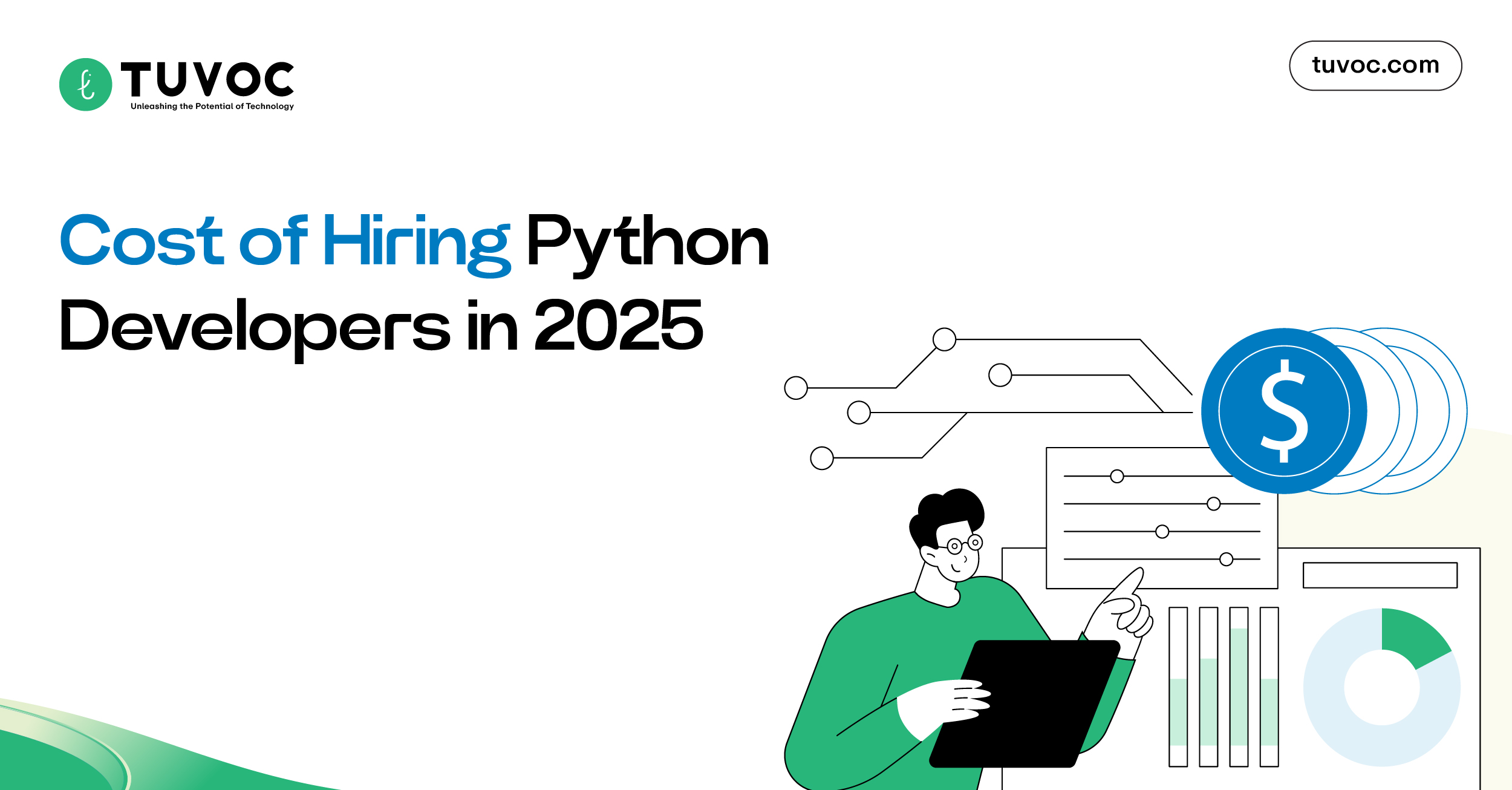Crafting dynamic websites is a tough endeavor. With so many technologies out there, it’s hard to determine which will be the best for your business. So, we’ve picked a language that’s the most used (and most loved by developers) and broken its 5 top frameworks in great detail. As a firm, we’ve got all the web development services that you need.
Yes, we’re talking about the famed web development language, PHP (Hypertext Preprocessor). The language is used to craft succinct websites that help you achieve your business goals super-quick. With PHP, you must be familiar with its various frameworks.
We’ll be understanding the top 5 frameworks along with the how, why and what of using them while integrating with PHP. But first, let’s know why you should pick PHP in the first place.
Why PHP?
Let’s see how PHP makes a world of difference with respect to web development:
Beginner-Friendly:
Learning PHP has a far gentle learning curve, making it the go-to website for beginners. Even for people that are experienced developers, PHP is simply an easy language to navigate.
Open-Source:
There are no licensing fees that are associated with PHP. It is open-source, and it is free to use for all. That means that you can use it and modify it as well!
Community:
PHP brings with it a community that’s full of supportive developers and experts that are there to help. A treasure of online resources and digital forums like Stack Overflow, php.net, laravel.io, GitHub, Laracasts, etc., are just clicks away.
Secure and Scalable:
A language needs to be able to accommodate traffic as a website grows and evolves into something bigger and much better. You get scalability with PHP, while getting security that acts as a protective barrier.
Rapid Development:
PHP is known for its ease of use. Programmers can achieve more functionality in less time when they are using PHP, which directly translates into faster development times.
Talk about the Frameworks

Let’s move onto the top 5 PHP frameworks for web development, along with their pros and cons. Also, if you’re looking to develop using PHP, hire PHP developers from our company.We’ve got the experience and expertise that you need
Laravel
Laravel is a true gem for developing modern web applications. When you use it with PHP, it brings a world of difference. It has an MVC architecture that enables code reusability and maintainability. With that, it also emphasizes loads on security, and is used typically for complex content management systems and e-commerce platforms. Companies usually provide Laravel as part of their Laravel development services package.
Pros:
Coding advantage: A clear, intuitive syntax makes it easy to work with.
Object-oriented: Promoting code reusability, maintainability and structure.
Community: A community that is always ready to help.
Cons:
Learning Process: Not that ideal for beginners as it is packed with too many features.
Performance Overload: Too many features may increase performance overheads.
Restrictive: Not the best if you’re emphasizing customization.
Yii
Yii is your perfect partner if you’re looking for websites that load in split seconds. It also has the in-built ability to handle heavy traffic. The USP of Yii is its responsiveness, along with a component-based architecture that allows you to pick-and-choose only the functionalities that are required. This helps in keeping your code clean, and Yii is used best for web apps, APIs and content management systems.
Pros:
Speed: Made for speed, best for apps that demand responsiveness.
Tools: Select only the components that you need as tools.
Secure: Safeguard your application from common vulnerabilities.
Cons:
Learning: May require more investment to learn.
Smaller Community: Not that popular, so there’s a smaller developer community.
Documentation: Yii’s documentation is far less comprehensive compared to others.
Symfony
For enterprises, Symfony is the go-to framework for those complex applications. With its scalability, it helps adapt by growing with you over time as well. The USPs of Symfony include a modular design that helps developers leverage only necessary components, making sure that you have a super clean and scalable codebase. It’s best suited for large scale web apps, e-commerce platforms and content management systems alike.
Pros:
Scalability: Best suited for large enterprise applications.
Modular Architecture: Leverage only necessary components while coding.
Security: Fortify your web apps with top-notch security solutions.
Cons:
Complex: Extensive features can sometimes be too overwhelming for beginners.
CakePHP
CakePHP is all about getting things done super-fast. This code is pre-built to be easy to understand and maintain, and the framework also enforces coding conventions within it, making it easy to understand and maintain. Multiple developers can work collaboratively on a single code. CakePHP also comes with built-in features and reduces the need for external libraries and is ideal for projects with tighter deadlines than usual. It’s best utilized for smaller web apps and for rapid prototyping.
Pros:
Rapid Development: Convention-focused, allowing developers to code quickly and efficiently.
Coding Conventions: Easier to collaborate on projects and helps maintain code.
Built-in Features: Reduces the need for external libraries as they have built-in features.
Cons:
Not that Popular Now: Its popularity has waned quite a bit, but it remains relevant.
Restrictive: Coding conventions can be confining for developers that prefer flexibility and customization.
Learning Curve: It does have a slight learning curve for beginners to PHP development.
CodeIgniter
Similar to CakePHP, CodeIgniter is a fantastic choice for relatively smaller web applications. It works wonders for projects wherein performance is a top priority. It can be tailored to whatever you need it to be, and thus it focuses loads on flexibility and simplicity. It includes a smaller set of built-in features, but it allows for easy integration of existing libraries for complex functionalities. Websites, blogs and lightweight applications are its areas of expertise. Obtain comprehensive CodeIgniter development services with us!
Pros:
Lightweight: Perfect for small web apps as it has a small development footprint.
Flexible: Developers can tailor their approach with the MVC model that it offers.
Simple: It has minimal syntax and focuses on simplicity.
Cons:
Limited Features: Amaller set of built-in features as compared to others.
Smaller Community: Not as much of a vast community as other frameworks.
Maturity: CodeIgniter’s development has seemed to slow down as compared to others.
Conclusion
Choosing PHP is probably one of the best decisions that you’ll ever make for your business. It is a comprehensive coding language, and helps you achieve all that you want, helping you complete your development goals.
With the 5 frameworks that we’ve enlisted in this blog, you can aim to supercharge your development endeavours. Every framework has its pros and cons, and we’ve tried to list them as holistically as possible. Also, as a part of our services, we’re also a Java development company that offers catered Java solutions as well. And yes, we’re hands down the finest PHP development company in India!
Drop us a message and connect, let’s develop together!
Have an Idea? Let’s Shape It!
Kickstart your tech journey with a personalized development guide tailored to your goals.
Discover Your Tech Path →Share with your community!
Latest Articles

How to Hire Bubble App Developers: Process, Tips & Strategies
Introduction Over three million developers have deployed 4.69 million applications worldwide, enabling businesses to enhance MVP development and launch it…

Understand Cost of Hiring Python Developers in 2025: Factors and Strategies
Note: The estimated cost of hiring Python developers can range between $ 15-17 hourly or more. The exact cost, team…

Top CTO Checklist for Hiring Python Developers
Introduction Python is among the popular programming languages due to its comprehensive libraries, frameworks, and versatility. Many popular companies like…





